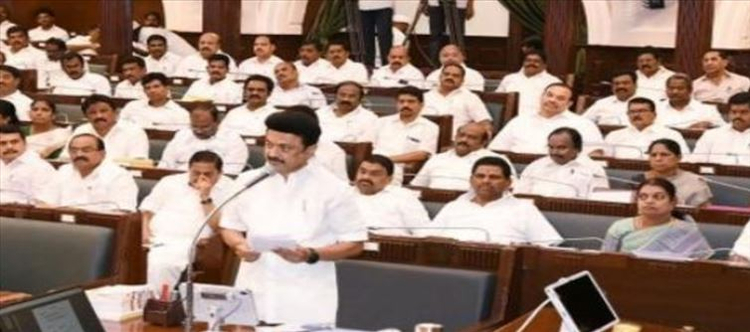
Last month, the tamil Nadu assembly adopted a resolution against the Centre’s proposed ‘One Nation, One Election’ policy, terming it impractical and undemocratic. The assembly also passed a resolution on the delimitation exercise, stating that the population of 1971 (census) should be the criteria for carrying out the process, if it was to be held for ‘unavoidable reasons.’ Moving the two resolutions, chief minister M K stalin described as ‘autocratic’, the one nation one election proposal.
West bengal chief minister and trinamool congress leader mamata banerjee had also earlier this year had said that the idea of ONOP is not practically feasible as per India’s federal structure. “I do not appreciate it in a practical sense because it is not possible, not acceptable, and not correct from the federal structure point of view. I will request the ECI to see it very sincerely, they have to be very very rational in this case particularly,” Banerjee told reporters at the state secretariat. Strongly opposing the idea of ‘One Nation, One Election’, the aam aadmi party had said that the “ONOE will damage the idea of parliamentary democracy, basic structure of the Constitution and federal polity of the country.”
The idea of ONOP was first proposed in the 1980s where the election commission suggested in 1983 that such a system should be developed that the elections to lok sabha and state legislative Assemblies could be held simultaneously. In its 170th report in May 1999, Justice B P jeevan Reddy-headed Law Commission said that “we must go back to the situation where the elections to lok sabha and all the Legislative Assemblies are held at once”. In 2022, the then Chief election Commissioner Sushil Chandra said the ec is fully prepared and capable of conducting simultaneous elections. In december the same year, the Law Commission sought the view of stakeholders including political parties, the ec, bureaucrats, academicians and experts on the proposal to hold simultaneous elections in the nation.




 click and follow Indiaherald WhatsApp channel
click and follow Indiaherald WhatsApp channel